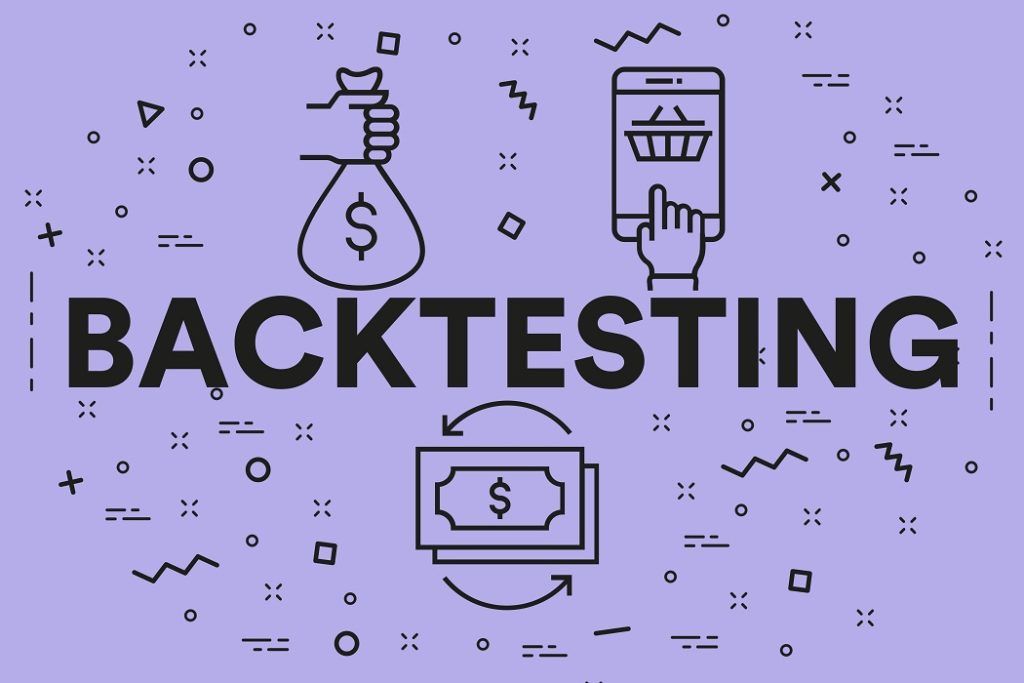
Automated trading bots offer consistency, emotion-free execution, and 24/7 operation. But without proper risk control, a bot can just as easily become a capital-draining machine.
In this article, LightQuant will walk you through:
- Common risks when running bots
- Risk management tools and principles
- How to allocate capital safely and effectively
1. Common Risks in Bot Trading
Even when a bot is technically working as designed, you may still face:
- Deep drawdowns: Continuous losses if the market moves against the strategy
- No stop-loss protection: The bot holds onto losing positions for too long
- Overexposing your capital: Putting too much into one bot or strategy
- Extreme market volatility: Sudden pumps or crashes that break the bot’s logic
- Not understanding how the bot works: Running bots blindly without knowing their mechanics
2. Key Risk Management Rules You Should Follow
1. Set Clear Stop-Loss Limits
- Define maximum % loss per trade or per bot session
- Example: Auto-stop the bot if losses exceed 10% of initial capital
2. Track Drawdown Regularly
- Drawdown measures how much your capital dropped from its peak
- A bot may generate +80% profit but previously lost 60% — that’s dangerously volatile
- Pro Tip: Choose bots with a healthy profit-to-drawdown ratio
3. Limit Max Capital Allocation
- Never allocate more than 30% of your total portfolio to a single bot or strategy
- Diversify across multiple bots with different approaches (e.g., grid, trend, arbitrage)
4. Don’t Run Bots Blindly
- Always read the strategy description first:
- Is it trend-following? DCA? Grid? Does it use stop-loss?
- Prioritize bots that have been backtested and transparently documented
5. Monitor Performance Frequently
- Set weekly or monthly reviews: Is the bot profitable? Should it be paused or reallocated?
3. How LightQuant Helps You Manage Risk
At LightQuant, safety is built into every aspect of our platform:
🔹 Each bot comes with a clear strategy breakdown
🔹 All strategies are rigorously backtested before launch
🔹 Real-time dashboards track performance, drawdown, and PnL
🔹 Users can set custom capital limits per bot
🔹 Selected bots include auto stop-loss and safety exit logic
4. Final Thoughts
There’s no such thing as a “zero-risk” strategy. But with proper risk controls, you can:
- Survive the worst market conditions
- Maintain emotional discipline
- Grow your capital steadily over the long term
Trading with bots is powerful — but risk management is what keeps you in the game.
LightQuant — Transparent, data-driven, and built with safety in mind.
Ready to Try AlphaX?
Experience the AI trading bot featured in this article with a 7-day free trial.


